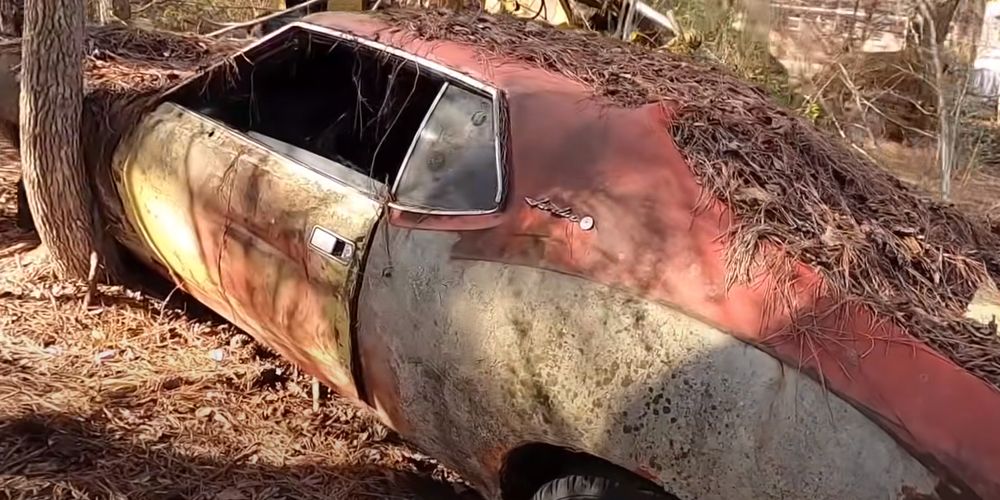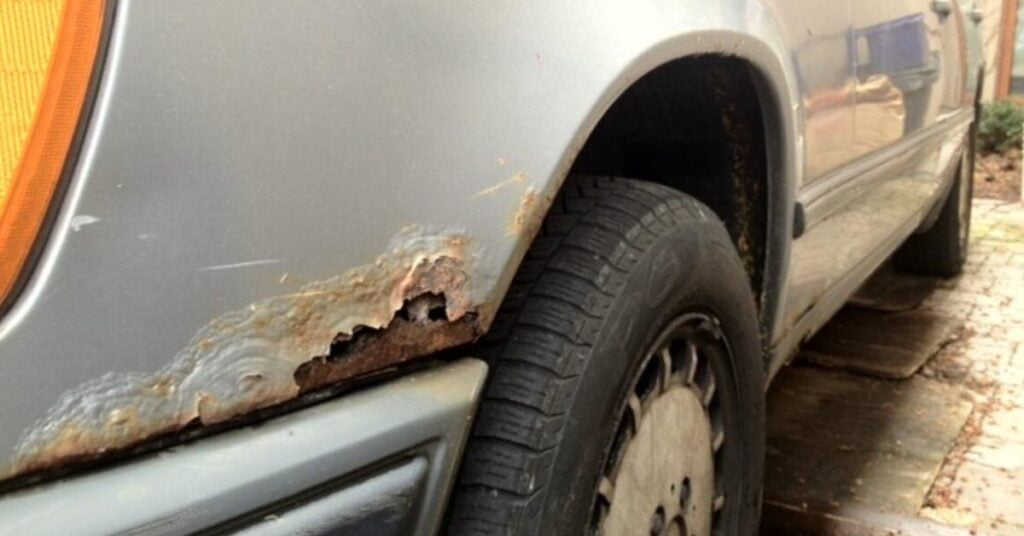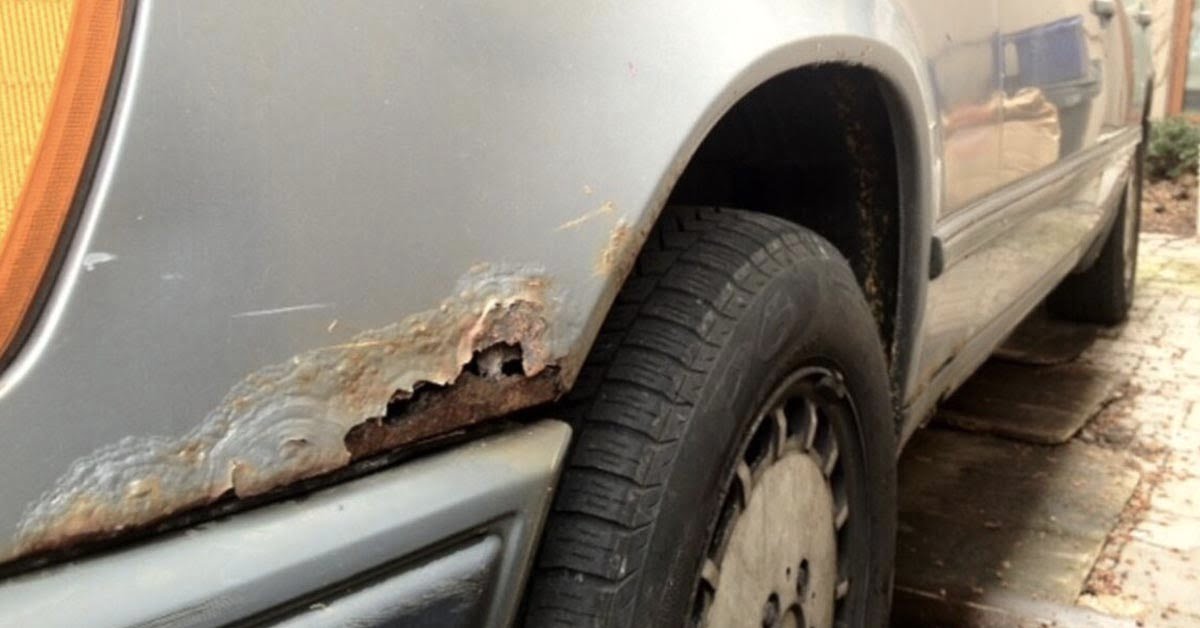When it comes to vehicles, rust is one of the main reasons for the deteriorated body after years of usage. But there are quite a few myths about rust that you might have been in the habit of believing.
There are myriad misconceptions about rust in cars. It is a common phenomenon, yet one that takes years to actually happen. You must’ve seen a ton of vehicles parked on the roadside which have been abandoned. With exposure to the environment, water, moisture, etc. the bodies of these vehicles catch rust. Apart from that, the underbody of the cars is also prone to rust due to constant exposure to water. However, there are ways to prevent all that.
You may also like: Do You Ignore These Noises In Your Car While Driving?

You may also like: 7 Things to Check When Filling Petrol/Diesel in Your Vehicle
Misconceptions About Rust Cars
- WD-40 Isn’t Enough to Prevent Rust: This is a common myth about additives and lubes like the WD-40 that it is not prudent to spend money on these products. However, these are specifically designed for automobiles to go through even the harshest conditions by generating a film/layer to prevent rust.
- Rust Proofing Is Required Annually: Depending on your usage, rust-proofing could even last for 10 years. In general, you don’t need to do it before at least 3-4 years if you take care of your vehicle.
You may also like: How To Prevent Fogging of Windshields in Cars During Winters
- Rust Is Irreparable: Well, this point is partly true in the sense that if the rust formation has not been dealt with for years, then it would already have eaten up the body. In that case, nothing could be done. However, if one spots rust formation early on, it could be fixed.
- Cars Must Be Rust Proofed Before Rust Appears: This, again, relates to the last point. As mentioned there, it is possible to fix rust if spotted early on. Once fixed, the rust coating could be applied to that surface.
- You Shouldn’t Get Rust Proofing After Winter Has Started: Getting your car rust-proofed is perfectly okay in any season. While applying the rust-proof coating, the professionals will take care that the surface of your car is ideal. Hence, there is not much evidence to support that it can’ be done after the winter has already started.
You may also like: Don’t Make This Mistake When You Start Your Motorcycle Tomorrow
- New Cars Have Rust Protection: This is a tricky one! Modern cars come with much better protection against wind and water for the most part. However, it doesn’t mean that they are immune to rust for their lifetime. It is just that, in modern cars, it will take a bit longer to develop rust compared to the cars from the previous decades.
- We Can’t Rust Proof Our Own Vehicle: As with every other modern technology, there are DIY kits to perform rust-proofing on your own. However, it is advisable to visit a professional mainly due to the fact that a workshop will have better equipment to lift your car and perform rust-proofing under the body.
You may also like: Impact of Old Engine Oil/Grease as Lubricant for Bike’s Chain & Sprocket

- Rust Proofing Isn’t Worth It: Many people argue that rust-proofing is simply a waste of time and money. But it really depends on your situation. If you are planning to own a car for a longer period of time, then you should get it rust-proofed to elongate the lifecycle.
- Repairing Is Cheaper Than Preventing: This is a complete myth, especially if your vehicle has developed severe rust. The body affected by the rust will need replacement which might be difficult to do just one that particular patch. It could lead to the replacement of adjoining parts too. Hence, repairing can’t be cheaper than preventing rust-building.
You may also like: Use This Trick When Parking Your Car In Direct Sunlight
- Washing A Car Frequently Makes It More Prone To Rust: This myth is followed by a lot of people. The truth, however, is the opposite. Washing your car removes the impurities and dirt from the surface of the car. This leads to a slowing of the rusting process.
- A Car Kept In A Garage Won’t Develop rust: A garage may not allow water to seep in but the moisture formation can occur indoors as well. The process might be slowed down significantly, but it doesn’t make it immune.
You may also like: How To Make Your Car Door Rubber Last Longer
These are some of the misconceptions about rust in cars. You could follow these tips or consult professional mechanics to know the condition of your car and whether or not your car needs rust-proofing.
Source: HotCars


